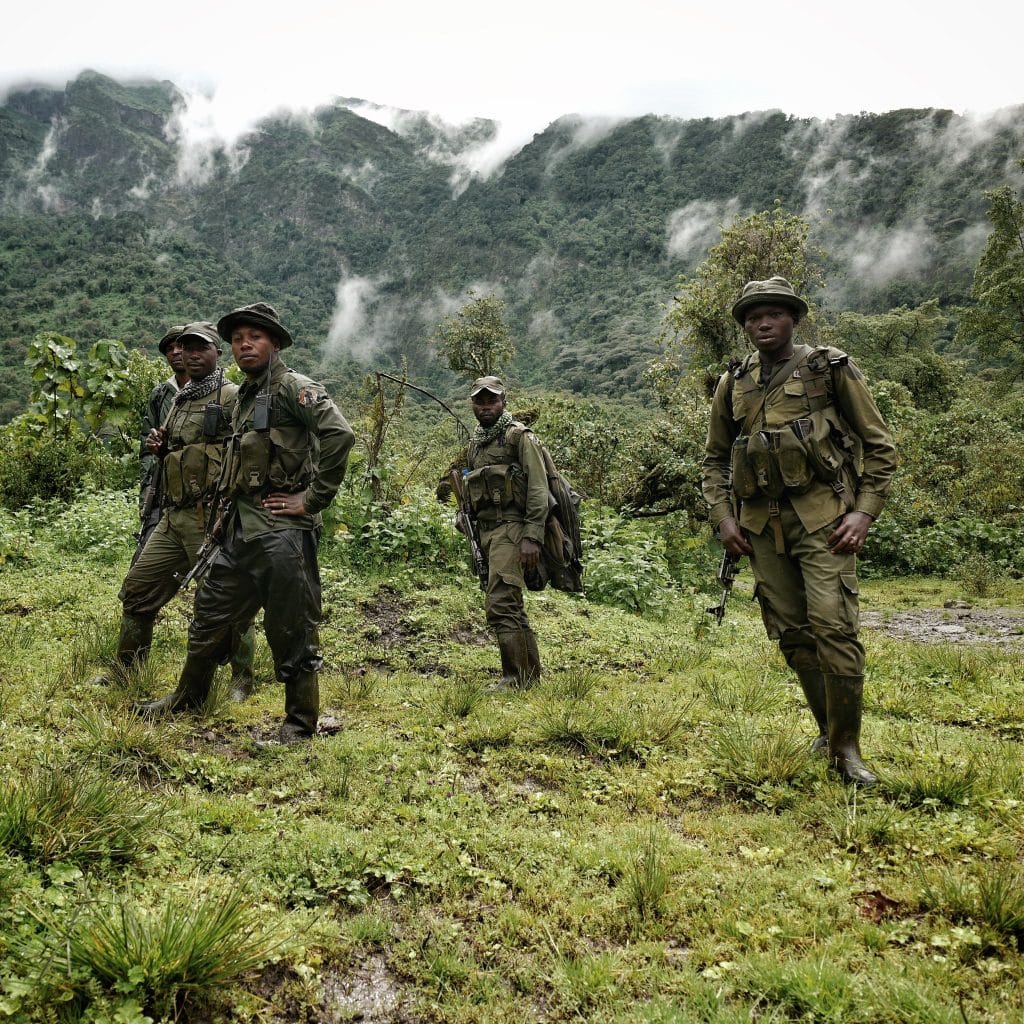In a letter sent to the President of the Democratic Republic of Congo on 20 July 2023, fourteen environmental organisations condemned acts of looting by armed groups in the Virunga National Park in the east of the country. The 23 March Movement (M23) is the main armed group singled out by environmental activists. This rebellion is accused of poaching, charcoal burning, trafficking in wood and charcoal, trafficking in baby primates and other activities in Africa’s oldest nature reserve, created in 1925 and listed as a world heritage site by the United Nations Educational, Scientific and Cultural Organisation (UNESCO) since 1979.
President Félix Antoine Tshisekedi Tshilombo is being called on to find an urgent solution to preserve this site, which is vital for biodiversity. The fourteen organisations are also calling on the Head of State to include in his diplomatic efforts the need to protect what remains of the Virunga National Park. They are also calling for a joint investigation, involving the regional force of the East African Community (EAC), the United Nations Mission in Congo (MONUSCO) and the International Conference on the Great Lakes Region (ICGLR), to ensure that these acts, which they call environmental crimes and war crimes, are punished.
Dislodging the M23 from Virunga Park
This is the second time in the space of six months that the President of the Democratic Republic of Congo has been questioned about the ravages of the M23 in Virunga Park. In an open letter sent to President Félix Tshisekedi on Sunday 15 January 2023, Gorilla Ambassador warned of the threats posed by the M23 to animal species in Virunga Park, following its encampment at Mont Sabinyo in Rutshuru territory in North Kivu. Alain Mukiranya, the organisation’s deputy director, believes that animal species are threatened by poaching in the Mont Sabinyo region, which is occupied by the M23. “The cantonment of the rebels at Mont Sabinyo is a danger for the gorillas, which have long been threatened by war, poaching and loss of habitat. The presence of these rebels (the M23, editor’s note) will increase the poaching rate because they will be hunting and cutting down trees to produce charcoal for sale”, warns Alain Mukiranya.
The M23 rebel group has also set up its rear base in the area of the park occupied by the mountain gorillas, making it impossible to monitor the primates. In a press release published on 20 December 2022 by the Congolese Institute for Conservation and Nature (ICCN), which manages the park, the M23 rebels are presented as the main threat currently facing the mountain gorillas in Virunga National Park.
The M23, a predominantly Tutsi armed group (an ethnic group from neighbouring Rwanda) that was defeated in 2013, took up arms again in late 2021 and stepped up its offensive in October 2022, seizing large swathes of territory north of Goma, the capital of North Kivu in the east of the DRC. The region serves as a rear base for a dozen other local armed groups, including the Forces démocratiques de libération du Rwanda (FDLR).
Boris Ngounou
